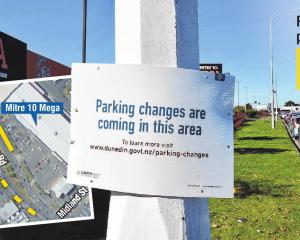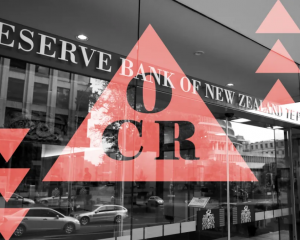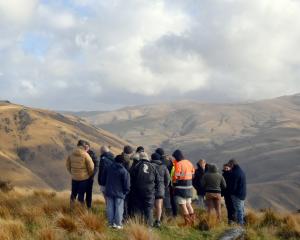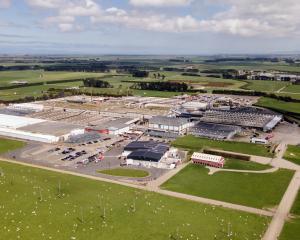
From today, the minimum wage will be raised to $17.70 per hour, up $1.20 from $16.50. This is the second increase in a year and a half, and the hourly rate will increase again to $20 by 2021.
While big business can absorb such costs, for small and medium sized firms, particularly those with a large workforce on minimum wage, it can be much harder and have far-reaching effects.
Research from Restaurant Association members shows just 40% of hospitality employers believe they are able to absorb costs when minimum wage levels increase, and 69% of employers intend to increase prices on their menu to offset rising labour costs.
Michael Turner, owner of Christchurch-based Cafe Valentino, said the increase of $1.20 from today was "a significant cost and a significant increase in one hit".

"This is just one of a number of headwinds that are coming to the hospitality area. There's the legislated breaks, and a number of issues that are all coming up at the same time. Migration, the difficulties in finding staff, it's very difficult," Turner said.
Turner, who has been running Cafe Valentino for 28 years, said wage costs as a percentage of overall turnover used to be about 25%. Today, they are about 38%.
"We cannot increase our prices at the same rate as wages are increasing," he said.
He said a number of Christchurch businesses had already gone under due to rising costs and he believed wage hikes would increase that.
With costs aside, he said increases affected the job prospects of young people.
"$17.70 in real terms, as soon as you [account] for holiday pay, ACC, everything else, is closer to $19 an hour - for that, we look now for someone who is fully experienced and so rather than take the person that may offer some potential, they have to be good from the get-go, which is unfortunate as we tend not to give those younger people a chance," Turner said.

The cafe which employs around 30 staff, of which about six are on minimum wage, is in the process of increasing menu prices by $1 per item to offset wage hikes, he said.
"In 1991 when we started, a pasta dish was around $13, $14, now they are $23. The wages back then were $7 [per hour] and now they are closer to $18. The percentage of wage increase has far outstripped the increases we can of prices."
Competition in the sector meant operators in the industry were wary to increase menu prices but suppliers also increased their prices when hikes came into effect, Turner said.
Increases of 50 cents gradually would have been more manageable, he said.
Staff benefits such as meals on the house and parking would likely have to go as a result, he said.
"People deserve a pay rise but the quite large [amount] is difficult."
But hospitality is not the only industry feeling the pinch of rising wages.
Auckland swimming lesson company Dean Greenwood Swim School recently sent out an email to its clients which said it would be increasing the price of its swimming lessons by $1 due to the increase in minimum wage and other costs.
"While we have been able to hold our prices for the last two years, due to increasing operational costs, including the regular increase in the minimum wage, the Swim School is now in the unfortunate position of having to pass on some of these increases to our clients," it said.
The Herald has approached Dean Greenwood Swim School for comment.
Marisa Bidois, chief executive of the Restaurant Association, said incremental increases to the minimum wage could be managed but larger figures such as $1.20 were seen to have a negative impact on business.
"A recurring comment from employers is their concern for pay parity for other employees and the upward pressure on all wages in the business," Bidois said.
"Wages are one of the hardest expenses to keep under control and in hospitality it can be extremely difficult to make ends meet when labour costs rise."
Comments
Is this an attempt to turn minimum wage into living wage?
What this article fails to mention is that many minimum wage employees have no choice but to utilise welfare options to cover basic living costs. Essentially, if someone is working full time and needs additional financial support to live, their employer is being subsidised by tax payers.
Although this increase may be hard to accommodate, and may result in price increases, businesses are getting closer to understanding and paying the true cost of doing business.












